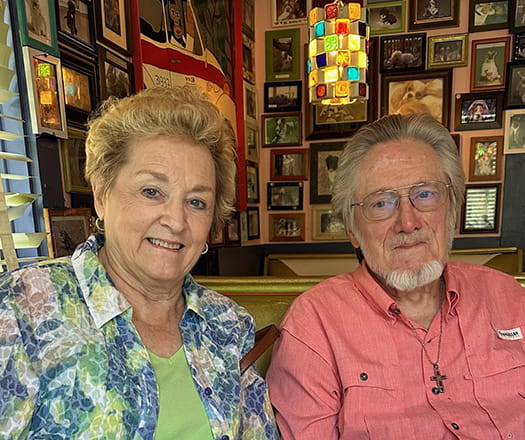Planned Giving

Ways to Give Now
Gifts That Pay You Income
Ways to Leave a Legacy

Read more about Ed Herider and Lynda TruittEd Herider and Lynda Truitt
“Our heart is a critical organ and deserves our attention, and the AHA helps people focus on their heart health rather than ignore it. Supporting this cause is incredibly important because it serves many people.”
Did you already include us in your estate plan?

Paul Dudley White Legacy Circle

Find Your Local Contact
Essential Resources
Your Legacy, Your Way 
View upcoming and past webinars hosted by the American Heart Association to learn how to secure your future and create your legacy.
Planning Perspectives Article Series
Trusted, practical guidance on estate and charitable planning strategies, empowering you to make informed decisions, protect your future and create a meaningful legacy.
 Read the featured article:
Read the featured article:
5 Steps to Maximize Your Charitable Giving
Charitable giving can be a meaningful way to create positive change in your community and beyond, but approaching it without direction can sometimes leave you feeling overwhelmed or questioning your impact. Thoughtful planning can help you align your generosity with your core values and financial situation. By implementing a few strategic practices, your charitable contributions can have the potential to make a meaningful difference for the causes you care about most.
Read the article: 5 Steps to Maximize Your Charitable Giving